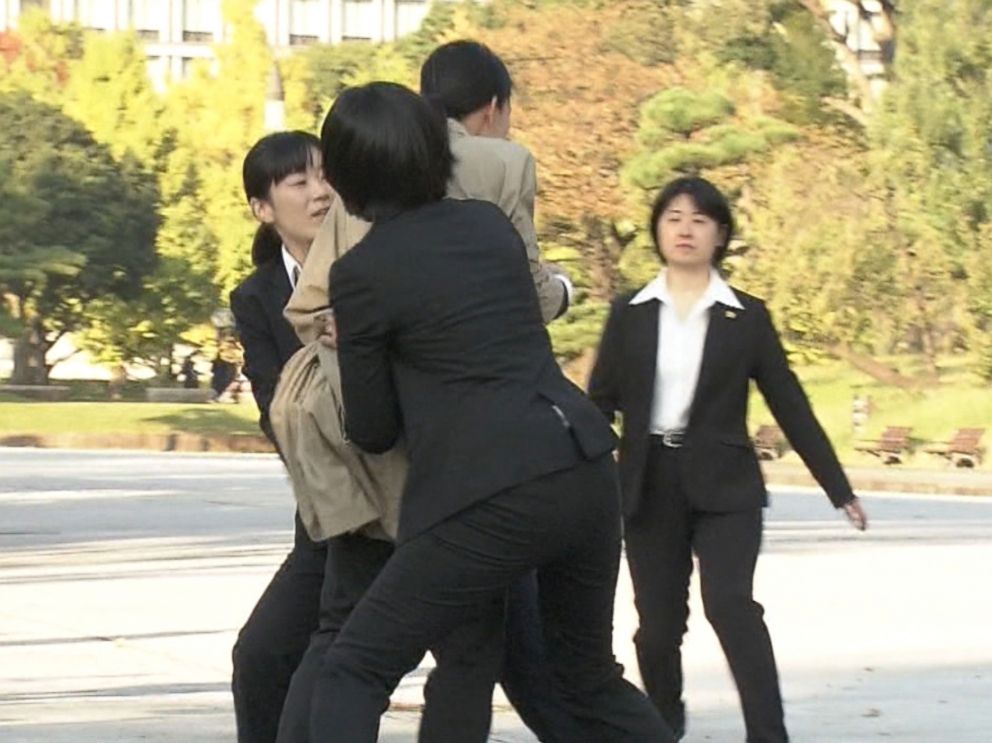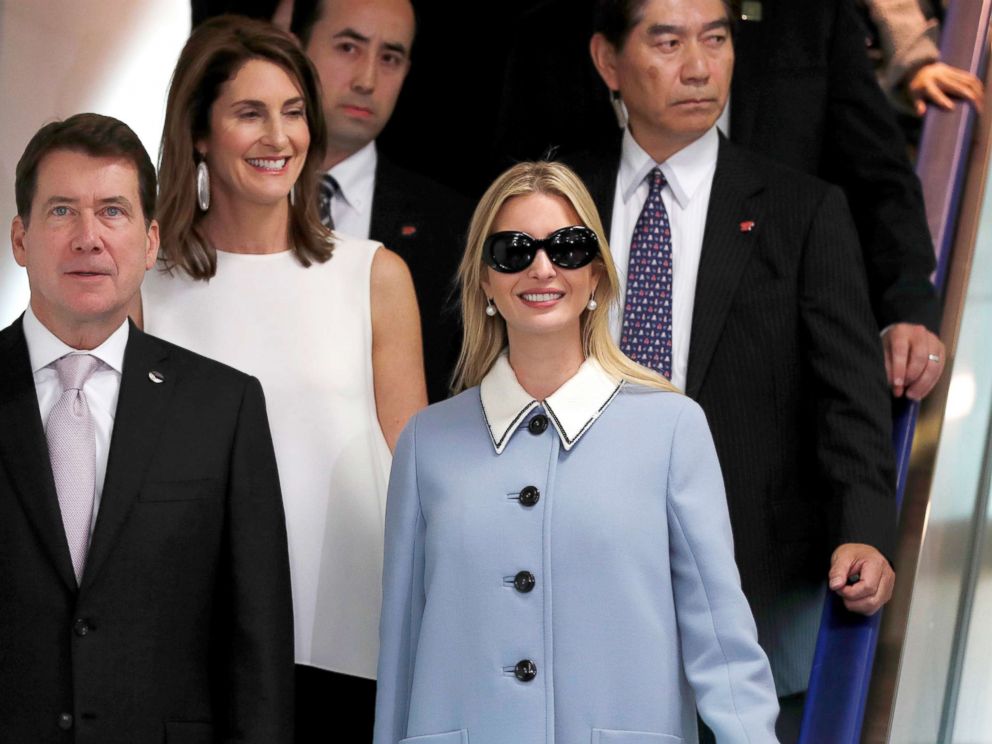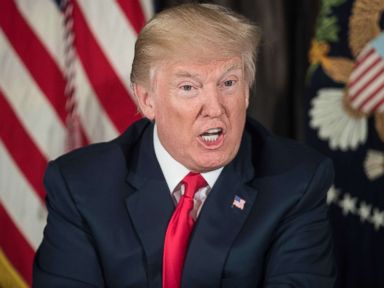Maduro moves to restructure Venezuela's $120B foreign debt
Venezuela's president says his socialist government will begin restructuring a foreign debt estimated at more than $120 billion, saying U.S. financial sanctions are crippling the oil-dependent economy's ability to pay.
But President Nicolas Maduro also indicated he wanted to avoid a fight with international lenders. He ordered state-run oil company PDVSA to make one last $1.1 billion bond payment in full on Friday before the country launches its effort to ease future foreign payments.
"I decree a refinancing and a restructuring of all external debt and all of Venezuela's payments," Maduro said in a nationally broadcast address Thursday.
Venezuela's economy has contracted more than 35 percent since 2014, a sharper fall than the U.S. suffered during the Great Depression, and Maduro's government has found itself forced to choose between paying foreign creditors and helping a population ravaged by triple-digit inflation and widespread food and medicine shortages.
Until now, Venezuela has gone out of its way to honor its debts, finding new funds from ally Russia and disproving critics who long predicted a default. But financial sanctions announced in August by the Trump administration banning U.S. investors from lending new funds to Venezuela has made it harder to maintain the delicate balance.
Many banks and financial institutions now refuse to handle the government's payments, for fear it could damage their reputations. In May, Goldman Sachs experienced a major backlash after it made a big purchase of so-called "hunger bonds" from Venezuela that paid a huge return but opened it up to accusations it was profiting from Venezuela's misery.
"We have had to face a real global financial persecution," Maduro said.
The president said Venezuela has paid $72 billion to debt holders since he came to power in 2013 despite a precipitous fall in oil income for the OPEC nation.
Under the late President Hugo Chavez, the government went on a borrowing binge as oil prices that were around just $10 a barrel when he took office in 1999 soared to over $140, giving investors confidence they would be paid back from the nation sitting atop the world's largest oil reserves.
But as oil prices have fallen, the few risk-seeking investors willing to keep lending to Venezuela have been demanding astronomically high interest rates.
The country now has more than $120 billion in external debt, about half of which is in the form of dollar-denominated bonds, according to brokerage Caracas Capital.
To lead the debt renegotiation process Maduro named Vice President Tareck El Aissami, who faces U.S. sanctions of his own over allegations of being a major drug trafficker. He has dismissed the accusations as baseless and an attempt to undermine Maduro's rule.
Members of the opposition, who for months have criticized Maduro for prioritizing debt payments, nonetheless slammed his proposal to reverse course.
"Maduro can't restructure the debt because nobody in the world trusts his government," said National Assembly President Julio Borges, who previously letters to Wall Street banks urging them to cut off the government over human rights abuses committed during months of protests.
———
Associated Press writer Jorge Rueda reported this story in Caracas and AP writer Joshua Goodman reported from Bogota, Colombia. AP writer Scott Smith in Caracas contributed to this report.
- Star
 NHK
NHK Issei Kato/Reuters
Issei Kato/Reuters
 Nicholas Kamm/AFP/Getty Images
Nicholas Kamm/AFP/Getty Images Jung Yeon-je/Pool Photo via AP
Jung Yeon-je/Pool Photo via AP